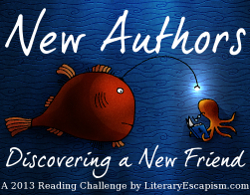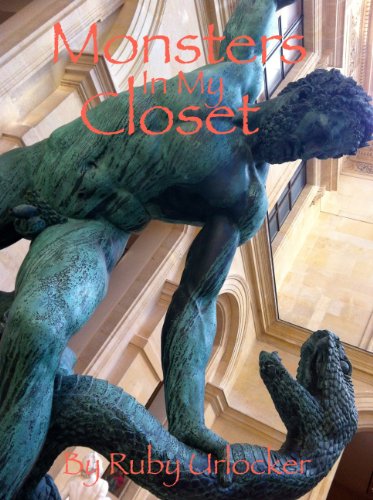
“To read a haiku is to become its co-author, to place yourself inside its words until they reveal one of the proteus-shapes of your own life. The resulting experience may well differ widely between readers: haiku’s image-based language invites an almost limitless freedom of interpretation.”
Like many poets, verse comes naturally and is less like a job or profession than it is like breathing. With elements of Zen and Shinto’s spiritual traditions, the poet led a contemplative life focused on not only the natural world, but his experiences with it and as part of it. At many points in his life, he is affected by events beyond his control, but his poetry never fails to account for these moments or to push him through those hardships — even though it doesn’t seem as though Bashō considered them hardships. Hirshfield says, “He wanted to renovate human vision by putting what he saw into a bare handful of mostly ordinary words, and he wanted to renovate language by what he asked it to see.”
“Zen is less the study of doctrine than a set of tools for discovering what can be known when the world is looked at with open eyes. Poetry can be thought of in much the same way, and the recognition of impermanence, ceaseless alteration, and interdependence–the connection of each person, creature, event, and object with every other–need not be “Buddhist.” These elements permeate the poetry of every tradition. . .”
What is most beautiful about Hirshfield’s examination of Bashō is the reverence she pays to him and her passion for not only his work, but also his dedication to improving it even when near death. And like many others, he remained focused on pushing his students to strive for more than even he could achieve, urging them not to be the “other half of the split melon” by mirroring his own work. Hirshfield not only provides history and poetry in this essay, but she also pinpoints the evolution of Haiku and discusses its beauty and its endurance through the ages, even as a teaching tool.
The Heart of Haiku by Jane Hirshfield is a stunning examination of one Japanese poet’s work and his love of life and poetry. Her narration provides a unique way of stepping into the life and thoughts of Bashō as writer, poet, teacher, and human being.
About the Author:
Jane Hirshfield was born in New York City in 1953. After receiving her B.A. from Princeton University in their first graduating class to include women, she went on to study at the San Francisco Zen Center. Her books of poetry include Come, Thief (Alfred A. Knopf, 2011), After (HarperCollins, 2006); Given Sugar, Given Salt (2001), which was a finalist for the National Book Critics Circle Award, The Lives of the Heart (1997), The October Palace (1994), Of Gravity & Angels (1988), and Alaya (1982).



 About the Poet:
About the Poet:
 About the Author:
About the Author:
 About the Author:
About the Author:


 Life on Mars by Tracy K. Smith, published by Graywolf Press on 30 percent post-consumer wastepaper, is a collection sliced up into four parts, and it won this year’s
Life on Mars by Tracy K. Smith, published by Graywolf Press on 30 percent post-consumer wastepaper, is a collection sliced up into four parts, and it won this year’s 


